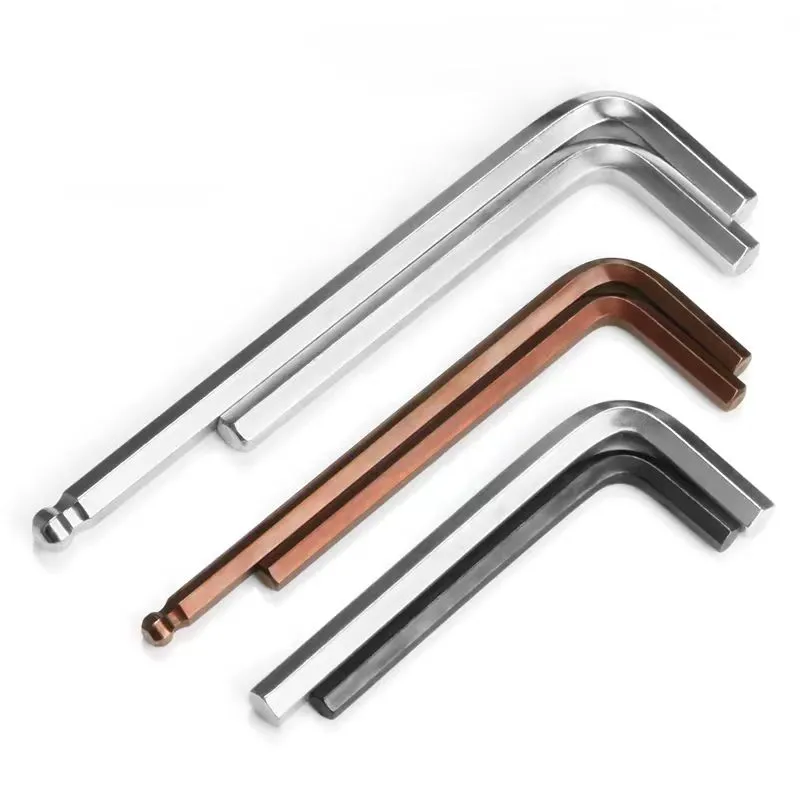

Coating Solutions for Stud Bolts to Enhance Durability and Resistance
Sep . 28, 2024 19:57 Back to list
Coating Solutions for Stud Bolts to Enhance Durability and Resistance
The Importance of Stud Bolt Coating Enhancing Durability and Performance
Stud bolts play a crucial role in various industrial applications, providing secure fastening for machinery, pipelines, and structural components. However, the performance and longevity of these strong connectors can be significantly influenced by the coatings applied to them. In this article, we will explore the importance of stud bolt coatings, the types of coatings available, and the benefits they bring to various industries.
Understanding Stud Bolt Coating
Stud bolt coatings are protective layers applied to the surface of the bolts to enhance their resistance to corrosion, wear, and other environmental factors. These coatings can be made from various materials, including metals, polymers, and composite materials, each offering distinct advantages depending on the application and environmental conditions.
Types of Stud Bolt Coatings
1. Zinc Coating (Galvanization) One of the most common types of coatings, zinc galvanization provides a sacrificial layer that protects the underlying steel from corrosion. This method is particularly effective in marine and industrial environments where exposure to moisture and chemicals is frequent.
2. Epoxy Coating Epoxy coatings are known for their excellent adhesion and resistance to harsh chemicals. They create a robust barrier against moisture and corrosion, making them suitable for applications in chemical processing plants and water treatment facilities.
3. Powder Coating This dry powder coating method offers a thick and durable finish that is available in various colors and textures. Powder coating is ideal for aesthetic applications as well as for protection against corrosion and impact damage.
4. PTFE Coating (Teflon) PTFE coatings provide a low-friction surface that is excellent for reducing wear and improving the performance of threaded components. This feature is particularly beneficial in applications where stud bolts are frequently loosened and tightened.
stud bolt coating

5. Ceramic Coating For applications that require high-temperature resistance and exceptional durability, ceramic coatings can be an excellent choice. They provide thermal resistance and can withstand extreme conditions without degrading.
Benefits of Stud Bolt Coating
1. Corrosion Resistance One of the primary reasons for applying coatings to stud bolts is to prevent corrosion, which can significantly reduce the lifespan of the bolts. Coated bolts can withstand exposure to moisture, chemicals, and extreme temperatures, making them suitable for demanding environments.
2. Increased Longevity By protecting the bolts from environmental factors, coatings can prolong their service life. This translates to reduced maintenance costs and fewer replacements, which can save organizations significant time and resources.
3. Enhanced Performance Coatings can improve the performance of stud bolts in various applications. For instance, a low-friction coating can facilitate easier installation and removal, while an insulating coating can prevent galvanic corrosion between dissimilar metals.
4. Aesthetic Appeal In applications where appearance matters, such as in architectural projects, coatings can be customized for color and finish. This allows for enhanced visual appeal while still providing protective benefits.
5. Reduced Friction and Wear Certain coatings, such as PTFE, reduce friction, which minimizes wear during operation. This is essential in applications involving constant movement or load changes.
Conclusion
The coating of stud bolts is not just a matter of aesthetic preference; it is a vital process that can significantly enhance the performance and lifespan of these essential components. With a variety of coating options available, industries can select the most appropriate type for their specific environmental conditions and operational needs. By investing in quality stud bolt coatings, companies can ensure reliability, reduce maintenance costs, and ultimately enhance their overall operational efficiency. As technology advances, the development of new and improved coatings will continue to offer even more robust solutions for securing assets in an ever-challenging industrial landscape.
Latest news
-
Hot Dip Galvanized Bolts-About LongZe|High Strength, Corrosion Resistance
NewsJul.30,2025
-
High-Strength Hot Dip Galvanized Bolts - Hebei Longze | Corrosion Resistance, Customization
NewsJul.30,2025
-
Hot Dip Galvanized Bolts-Hebei Longze|Corrosion Resistance&High Strength
NewsJul.30,2025
-
High-Strength Hot-Dip Galvanized Bolts-Hebei Longze|Corrosion Resistance&High Strength
NewsJul.30,2025
-
Hot Dip Galvanized Bolts-Hebei Longze|Corrosion Resistance&High Strength
NewsJul.30,2025
-
Hot Dip Galvanized Bolts - Hebei Longze | Corrosion Resistance, High Strength
NewsJul.30,2025

